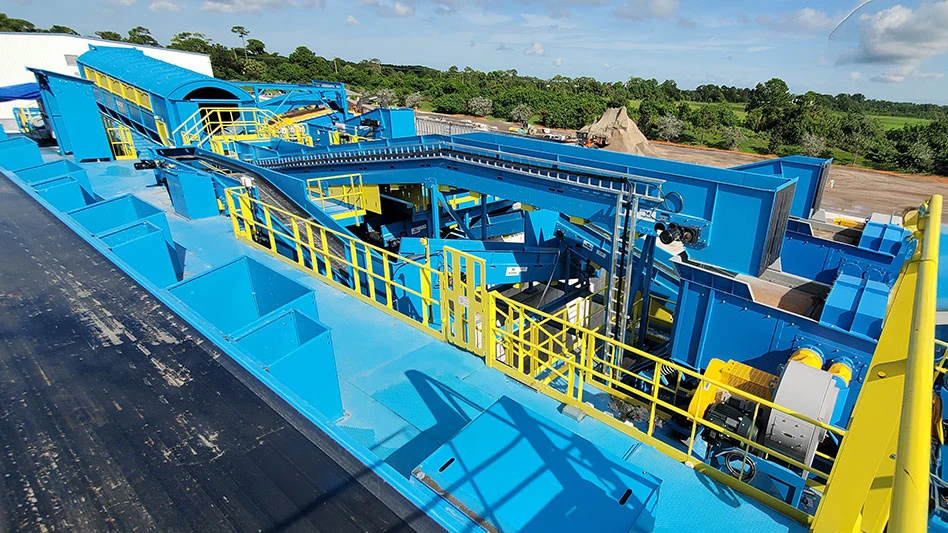RECOVERED FIBER IN STABLE CONDITION
A
fter the somewhat volatile market for many grades of recovered fiber throughout the past several quarters, 2005 is expected to be less precarious. Prices should remain on the positive side, as domestic and overseas paper companies continue to see improved balance sheets.A key indicator, as it has been during the past year, is the interest from China in snapping up large blocks of old corrugated containers. This appears to be the case, at least early in the year, as supply remains tight and demand creeps up.
Fighting this flow pattern are domestic mills, which are expected to remain competitive for the material. This should work to keep prices on the strong side.
Mixed paper demand has strengthened, as has recovery in North America. The state of Oregon Department of Environmental Quality (DEQ) final figures for 2003 show an increased recovery volume of more than 53,000 tons in paper collected. The agency says this reflects the improved strength of secondary fiber markets and the growing number of mixed paper collection programs.
The DEQ says evidence indicates that more mixed paper is finding its way to newsprint mills, rather than demonstrating a dramatic increase in old newspaper recovery. "Northwest newsprint mills have adapted along with the marketplace by increasing their ability to accept mixed paper while still making a high-quality product," Oregon DEQ official Jay Donnaway says.
Old newspaper (ONP) grades also could see some modest pricing gains in 2005, as many of the newsprint mills again lobby for a finished newsprint price increase in the first quarter. While several newsprint producers were able to push through a price increase late in 2004, some of these same mills are lobbying for an additional increase.
The ability of the newsprint producers to succeed in their price push will go a long way toward determining whether scrap paper markets will strengthen during the year. Early 2005 also typically sees the largest decline in generation of ONP, which could create some shortages of scrap paper supply if demand holds up.
While there is optimism about newsprint markets, the reality is that North American newsprint production has been on a down cycle over the past several years. As mills have taken downtime and have reduced capacity to bring supply and demand back into balance, production figures have been less than sterling. The biggest area of growth will continue to be offshore, as demand for finished products outside North America, primarily Asia, will continue to drive the market.
High grades should hold up fairly well, as most of the mill shutdowns in that segment have already taken place. While it is likely that North American capacity adjustments will crop up at different times throughout 2005, the sense is that most of the bloodletting has already taken place.
(Additional news about paper recycling markets, including breaking news and pricing, is available online at www.RecyclingToday.com).

Explore the February 2005 Issue
Check out more from this issue and find your next story to read.
Latest from Recycling Today
- Greenwave raises revenue but loses money in Q2 2025
- Recycled steel prices hold steady
- EY says India’s need for scrap imports will continue
- Coming full circle
- Amcor, DCM introduce fertilizer packaging with 35 percent recycled content
- Comstock Metals gets closer to commissioning commercial-scale solar panel recycling facility
- Washington selects Circular Action Alliance as PRO
- Smurfit Westrock expands in Latin America





